We have much more to do and your continued support is needed now more than ever.
A “Warrior of Justice” on the Long Road to Recognition
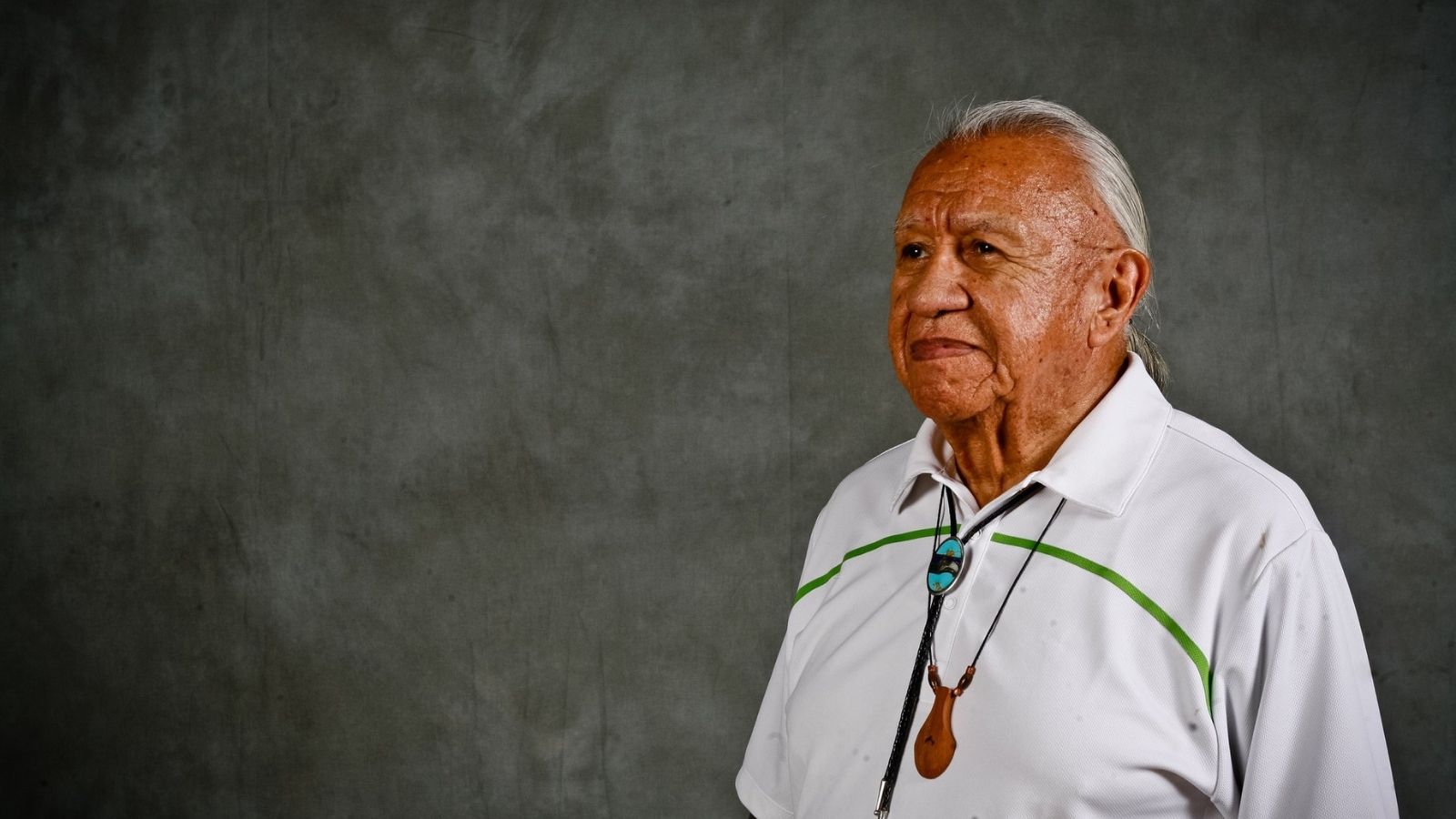
Washington state finally recognizes the legacy of Billy Frank Jr., a Nisqually tribal elder who championed tribal treaty rights and environmental protection. It marks a long-awaited shift in our collective understanding of the state’s past and how we define our heroes.
“Without salmon we will not have people; without a healthy Puget Sound we will not have healthy communities; without a vibrant natural resource base we will not have a vibrant economic base. We need to understand these connections and think about the legacy we will be leaving to future generations”
— Billy Frank Jr.
We stand at the intersection of climate change and the cumulative negative impacts of the lower Snake River dams that are decimating the iconic salmon runs of the Columbia River Basin. Meanwhile, our country is reckoning with a painful history of social and environmental injustices against Native American communities. Against this backdrop, the truths Billy Frank Jr penned years ago to a friend and fellow conservationist are ever more compelling—and urgent.
Frank was a Nisqually tribal elder who championed tribal treaty rights and environmental protection. He organized “fish-ins” and was arrested repeatedly while trying to assert his native fishing rights during the Fish Wars of the 1960s and 1970s. His activism ultimately led to the 1974 United States v. Washington decision (also known as the Boldt Decision), which reaffirmed tribal co-management of salmon resources in Washington.
A Lifelong Fight for Justice
Frank passed away in 2014, however his place in Washington history continues to march forward. Earlier this year, Washington state Gov. Jay Inslee signed House Bill 1372 to start the process of honoring Frank with a statue in the U.S. Capitol Statuary Hall. Inslee heralded Frank as a “warrior of justice” who was dedicated to the highest values the state holds: justice and protecting its natural resources. “We’re sending to the U.S. Capitol the best of the state of Washington,” Inslee said. Frank’s statue will stand in one of the country’s most revered civic spaces.
The celebration of Frank’s legacy marks a shift in our collective understanding of the state’s past and how we define our heroes. The Frank statue will replace that of pioneer and missionary Marcus Whitman, who’s story began nearly two centuries ago on the Oregon Trail. Accompanied by his wife Narcissa, he helped lead one of the first wagon trains into Oregon Country in 1836. The establishment of the Whitman Mission in the Walla Walla Valley ushered in waves of additional settlers and the soldiers, all of which upended the lives of the area’s indigenous people.
For decades, Whitman was celebrated as a hero who was killed by those he was trying to save. In reality, Whitman and his wife’s missionary work ended in failure and tragedy. Their attempts to convert tribal members were unsuccessful and the settlers that followed brought measles to the area, which quickly spread through the Cayuse tribal community, killing half of their children and many adults. Angry about the increase in white settlers and blaming Whitman for the measles outbreak, the tribe killed Whitman, his wife, and 11 others.
The false story surrounding Whitman led to even more westward migration that would end in countless deaths within the lands stolen from tribal communities. More than a century later, in the 1950s, this version of history led to a statue of Whitman being installed in the U.S. Capitol; a statue that has stood for decades to commemorate the supposed achievements that in truth had left deep and painful scars on the state’s past.
Meanwhile, Frank was embarking on a lifelong fight for justice. Starting as a teen and over the course of his life, he had accumulated at least 50 arrests practicing his right to fish and he remained a vocal and outspoken advocate for tribal rights. As the decades passed, his unrelenting activism grabbed the attention of the human rights community. Recognition and awards then followed, including the Presidential Medal of Freedom, the Common Cause Award for Human Rights Efforts, the Albert Schweitzer Prize for Humanitarianism, the American Indian Distinguished Service Award, the 2006 Wallace Stegner Award, and the Washington State Environmental Excellence Award.
“His statue will serve as a reminder to all of us in Congress about the importance of respecting tribal treaty rights and protecting and restoring critical salmon populations,” Senator Patty Murray said in a statement.
U.S. Senator Maria Cantwell said she also welcomes the statue in the nation’s capital.
“At a time when so many voices in our country are fighting for racial equity and social justice, it is fitting that we will be sharing Billy Frank Jr.’s story with the rest of the country,” she said.
This short video beautifully shares in Frank’s own words his perspective of the vital importance of protecting salmon and the lands and rivers they depend on. An inspiration for future conservationists, Frank’s insight also serves as a roadmap for the urgent work we have before us: to honor treaty obligations and restore the health, and wild salmon, of the mighty Columbia River Basin.

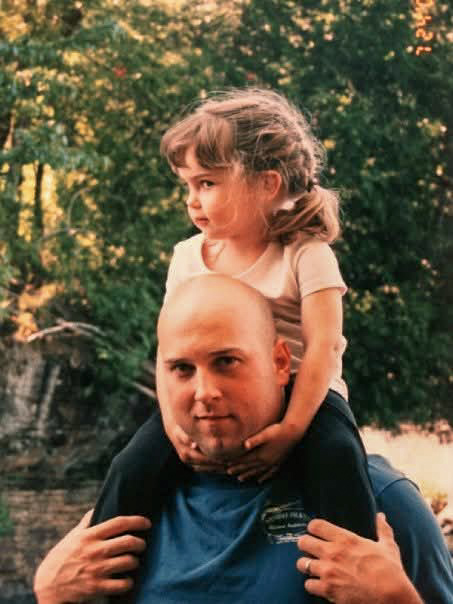








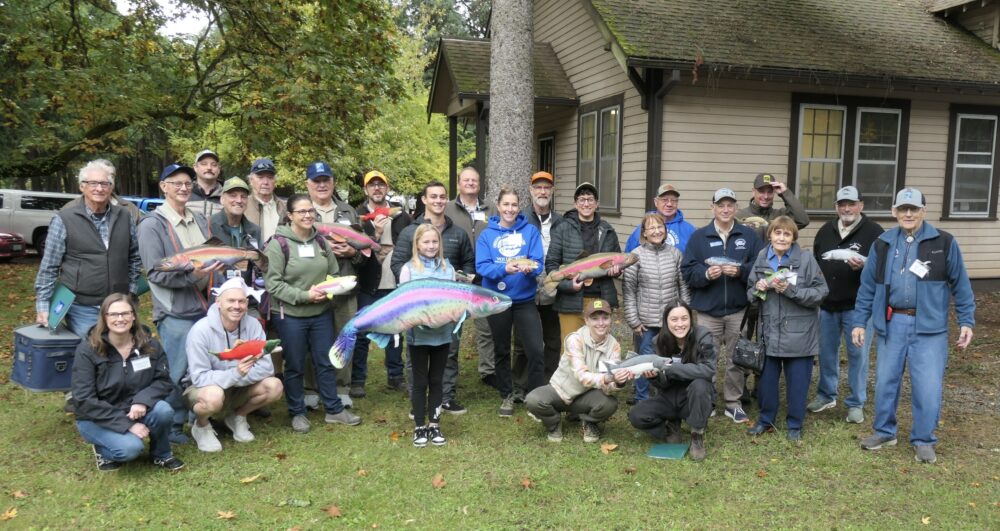
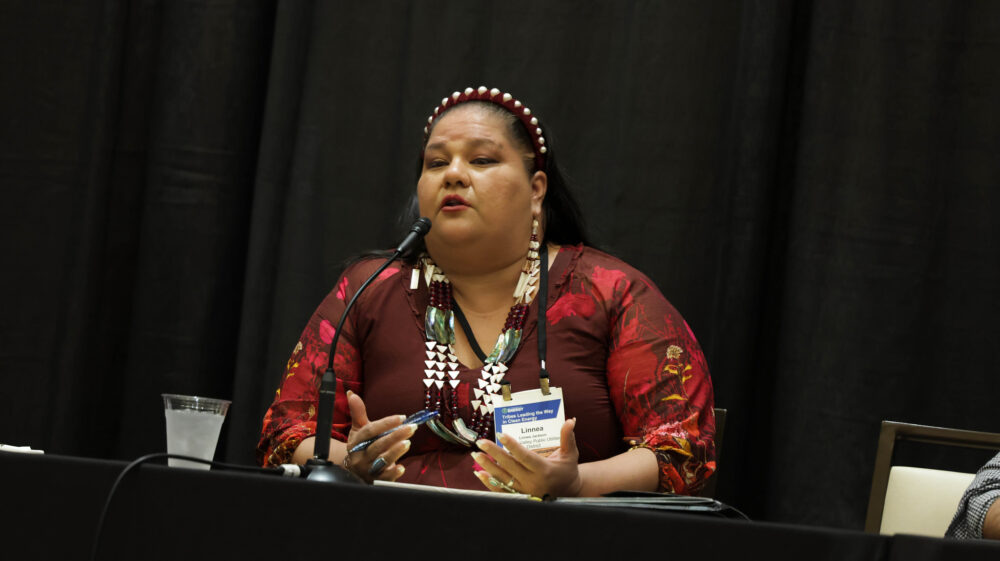

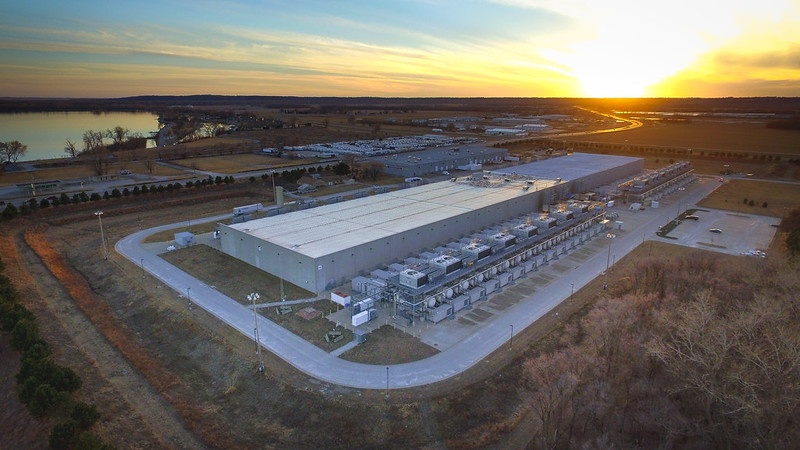




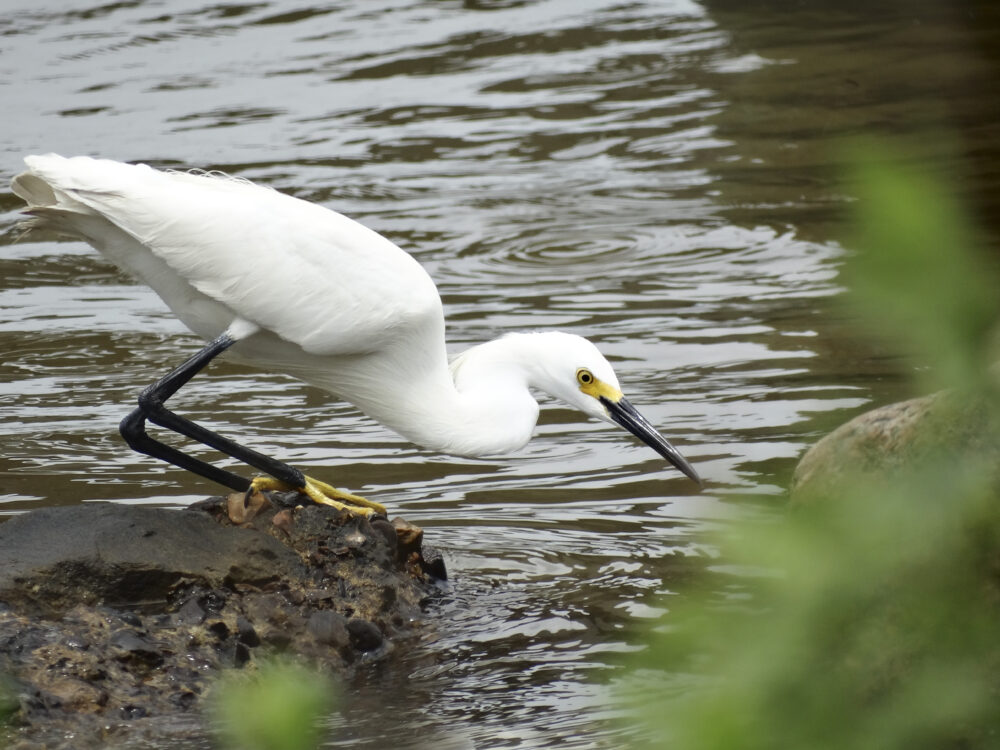


Building Momentum: What’s Next for Beaver Conservation in Colorado